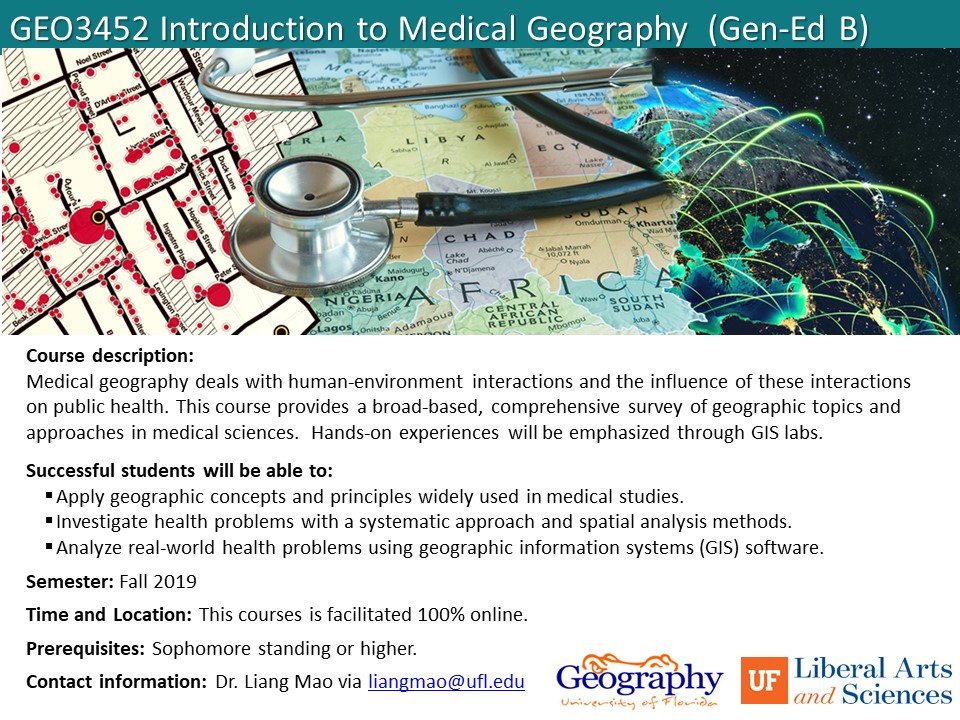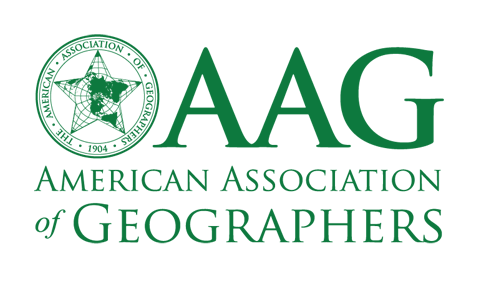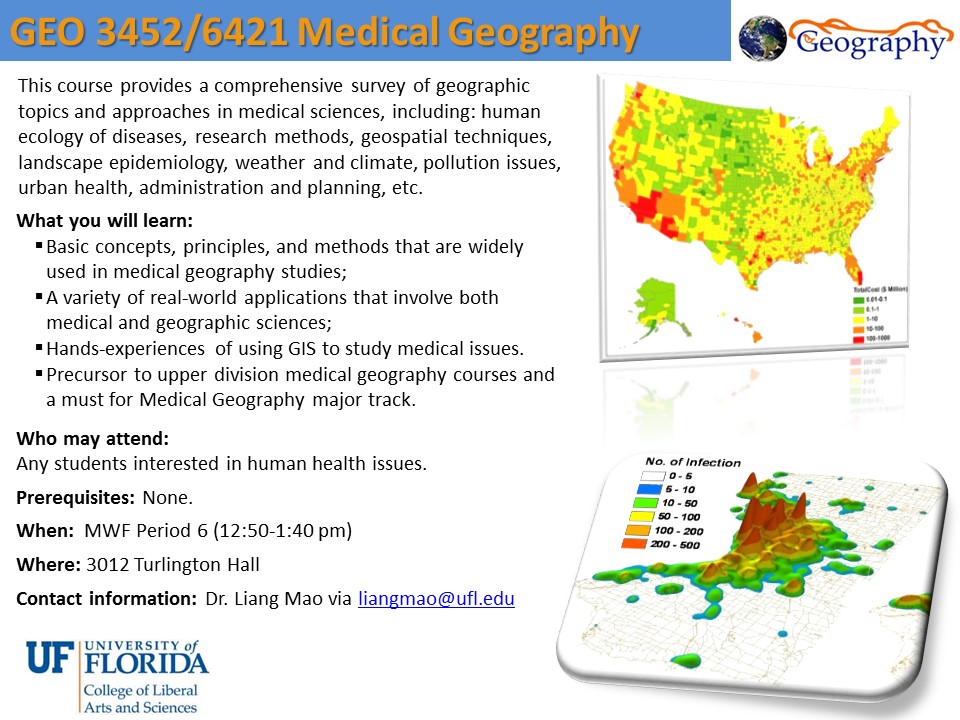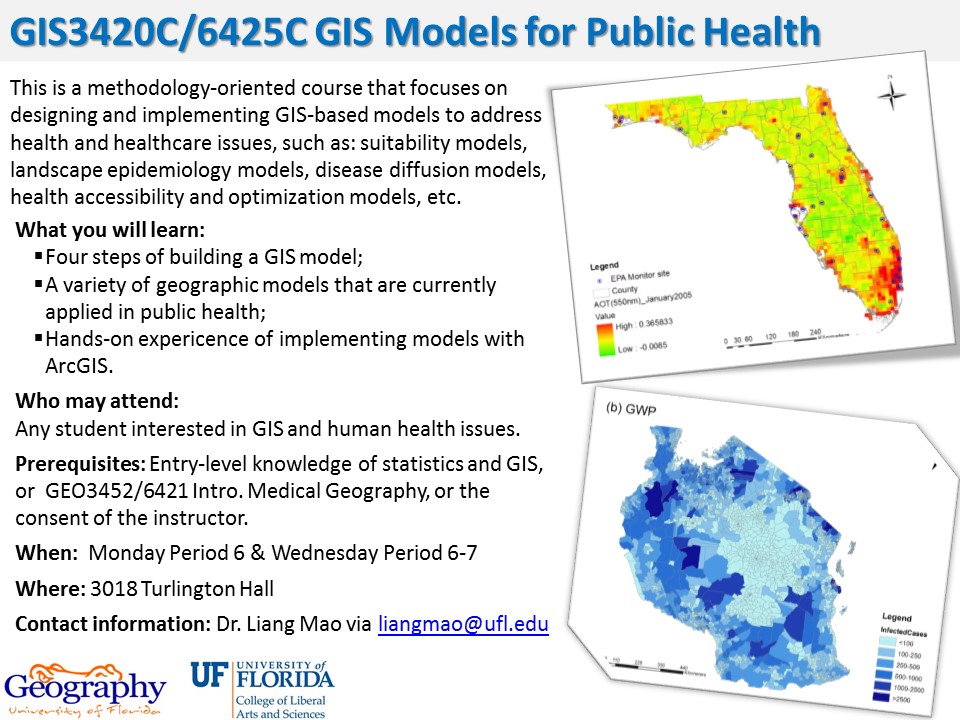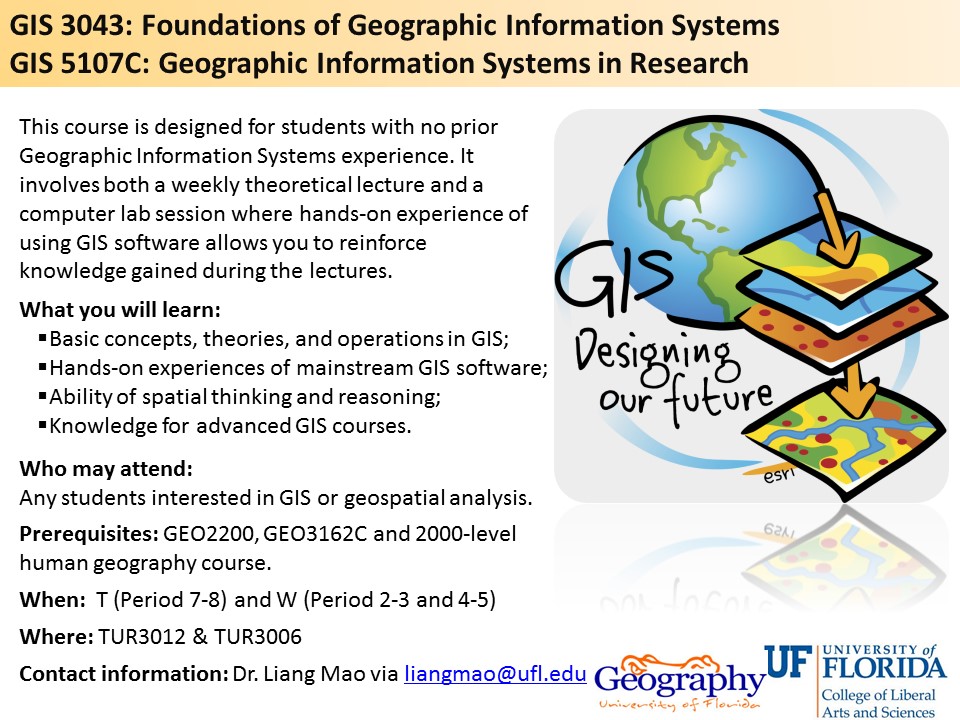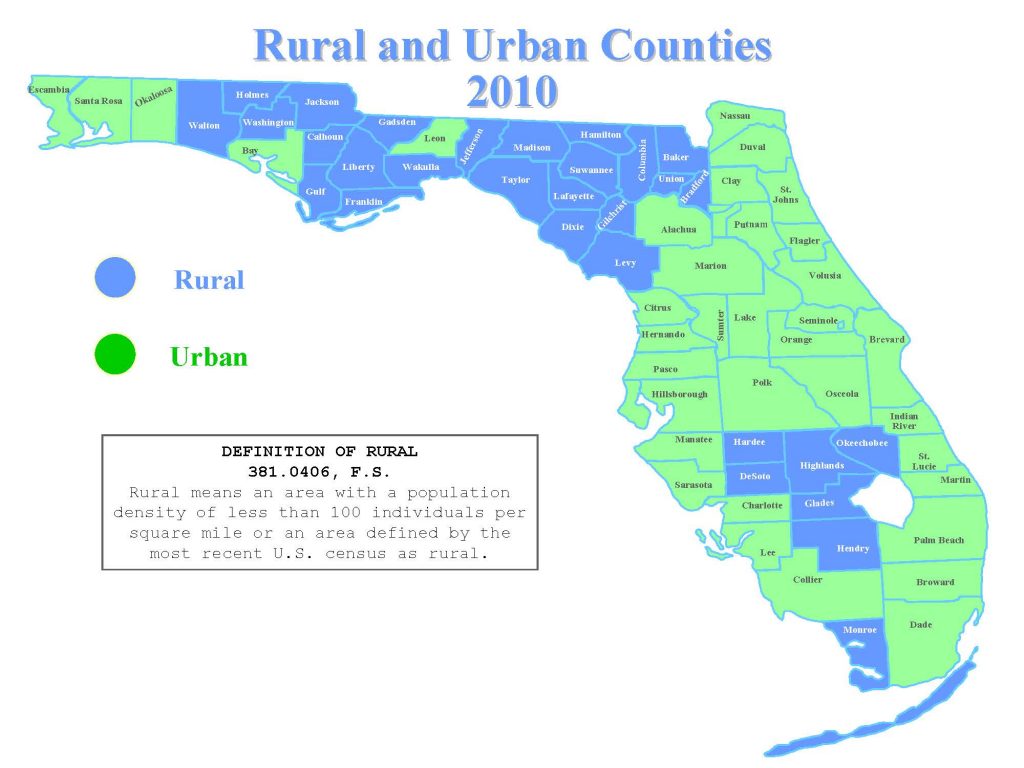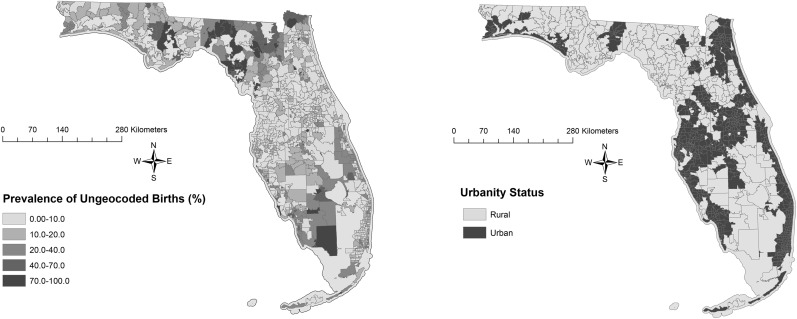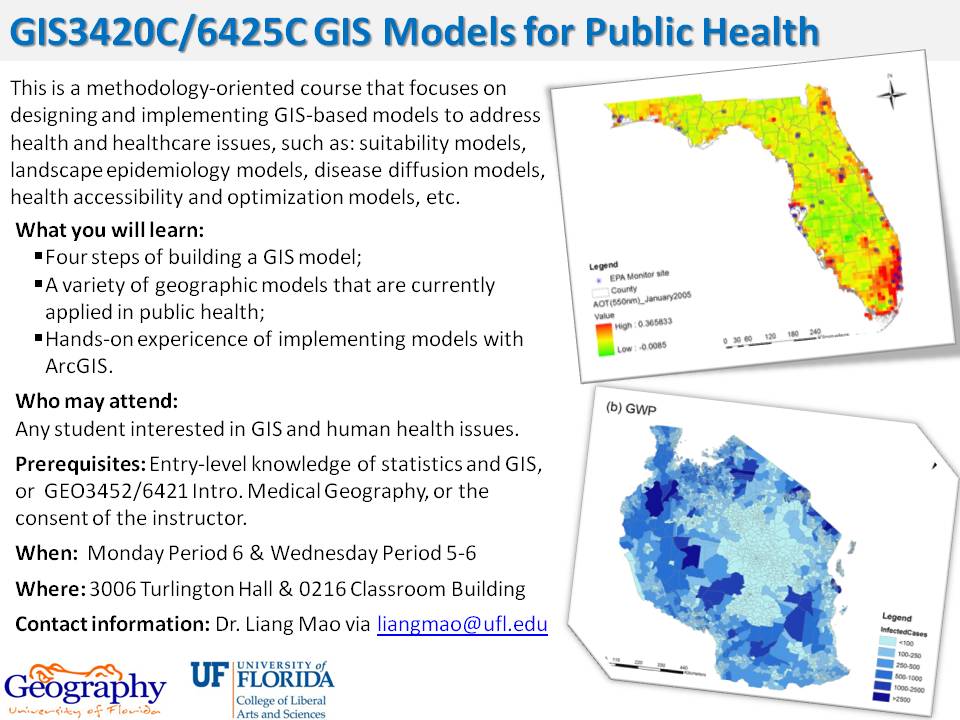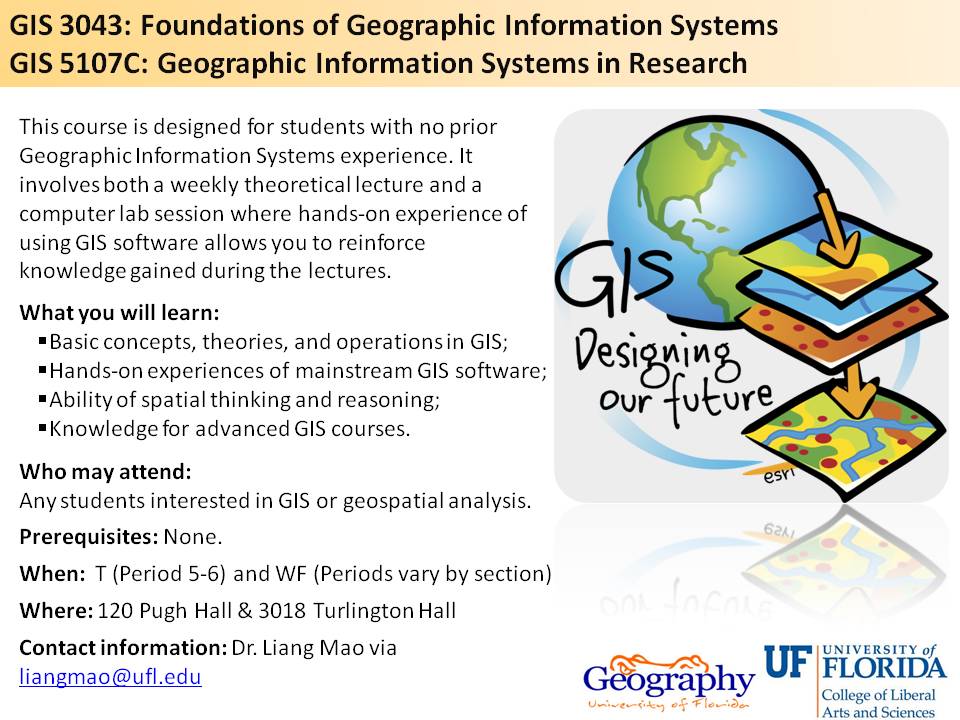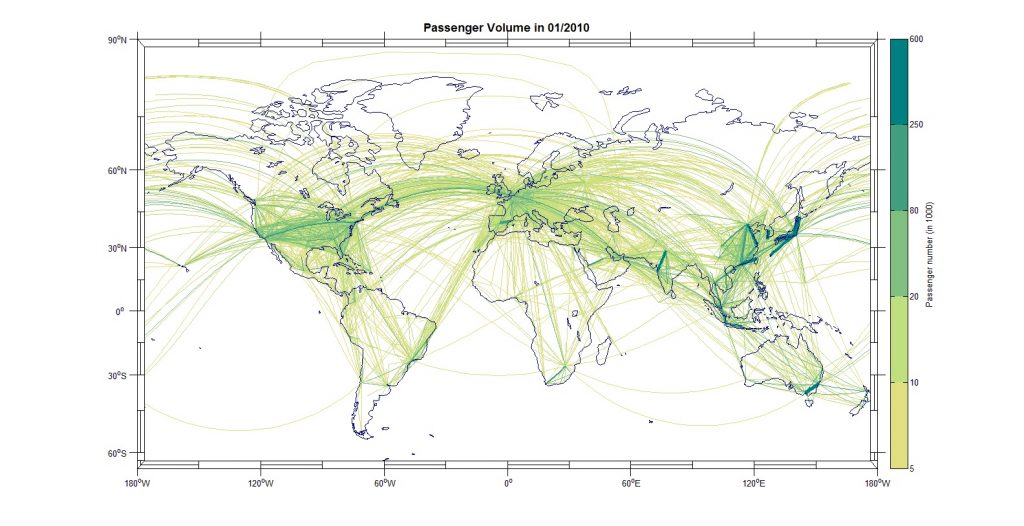Mapping large-scale brand networks: A consumers’ foot traffic-based approach
How do brands interact? Commercial brands are increasingly interconnected, forming a complex network. Analyzing brand networks is crucial to understanding brand interactions and developing data-driven marketing strategies. Traditional methods utilize consumer behavior surveys and social media databases to construct brand networks, but few have considered consumers’ spatial mobility – their movements between brand points of […]
Read more "Mapping large-scale brand networks: A consumers’ foot traffic-based approach"




